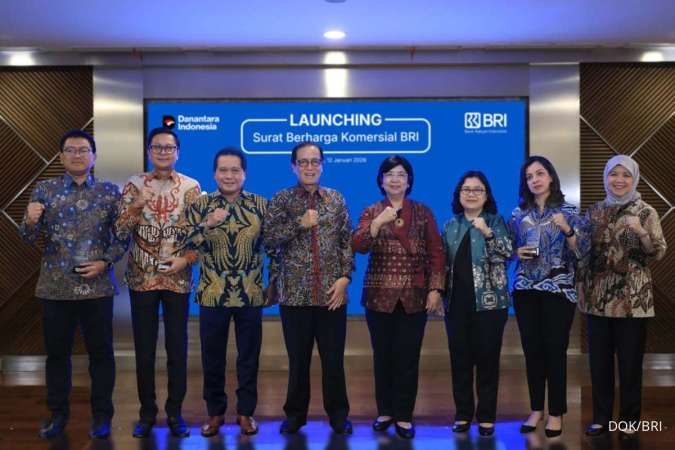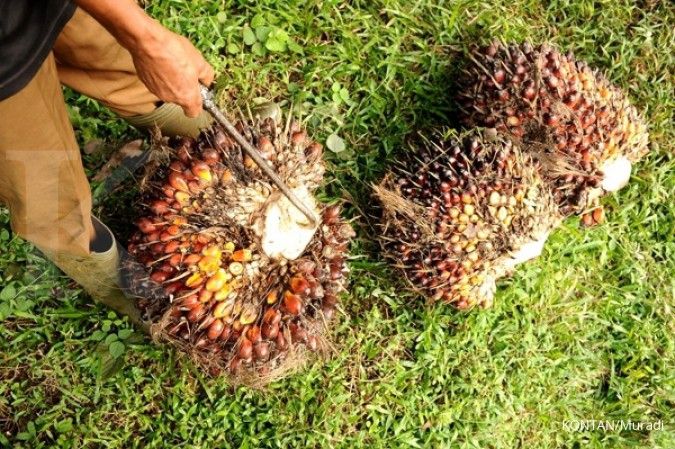JAKARTA. The government will negotiate with the European Union (EU) to reduce tariffs currently imposed on Indonesia’s palm oil and cocoa products as negotiations are set to resume soon on the much-awaited Indonesia-EU comprehensive economic partnership agreement (CEPA). Trade Minister Thomas Lembong said that obtaining lower tariffs for the country’s crude palm oil (CPO) and cocoa products would be among the top agenda items in the CEPA negotiations. “Many of our export commodities are still subject to high tariffs,” he told reporters on Tuesday.
Agriculture Minister Amran Sulaiman said the EU currently imposed tariffs of between 8 percent and 12 percent on Indonesian CPO and cocoa products. “We’ll strive for zero percent tariffs, especially for our CPO,” he added. The EU, formerly the largest importer of Indonesia’s biodiesel, has imposed a five-year tax on biodiesel from a number of Indonesian and Argentine companies since 2013. The tax imposed on Indonesia’s biodiesel ranges from around €76.94 (US$86.3) per ton to €178.85 per ton. The regional bloc imposed the taxes after the European Biodiesel Board found that the import volume of biodiesel from Indonesia had surged from 157,915 tons in 2008 to 1.09 million tons in 2011 as a result of prices that were deemed below the European market’s fair price. The government, meanwhile, has stated that Indonesia’s cheaper biodiesel price in Europe is a result of the lower tax that the government imposes on downstream products. Under President Joko “Jokowi” Widodo’s administration, the government is committed to concluding the Indonesia-EU CEPA negotiations in the next two years before moving on to the Trans-Pacific Partnership (TPP) negotiations. The Indonesia-EU CEPA negotiations were first initiated in 2011, with the partnership forecast to add €9.2 billion to the value of Indonesia’s exports and 1.3 percent growth to the country’s GDP.
The CEPA, negotiations on which have stalled for quite some time, is set to cover market access, capacity building and the facilitation of trade and investment. The EU has already concluded a similar partnership with Vietnam and is in the process of drawing one up with Malaysia. “For Indonesia, the EU is a potential export destination. It is the most prominent market for Indonesia after the US and Japan,” said Achmad Hafisz Tohir, House of Representatives Commission VI chairman. He hoped that the partnership could support micro, small and medium enterprise development, state-owned enterprises and exports of manufactured goods. (Khoirul Amin and Tassia Sipahutar)



